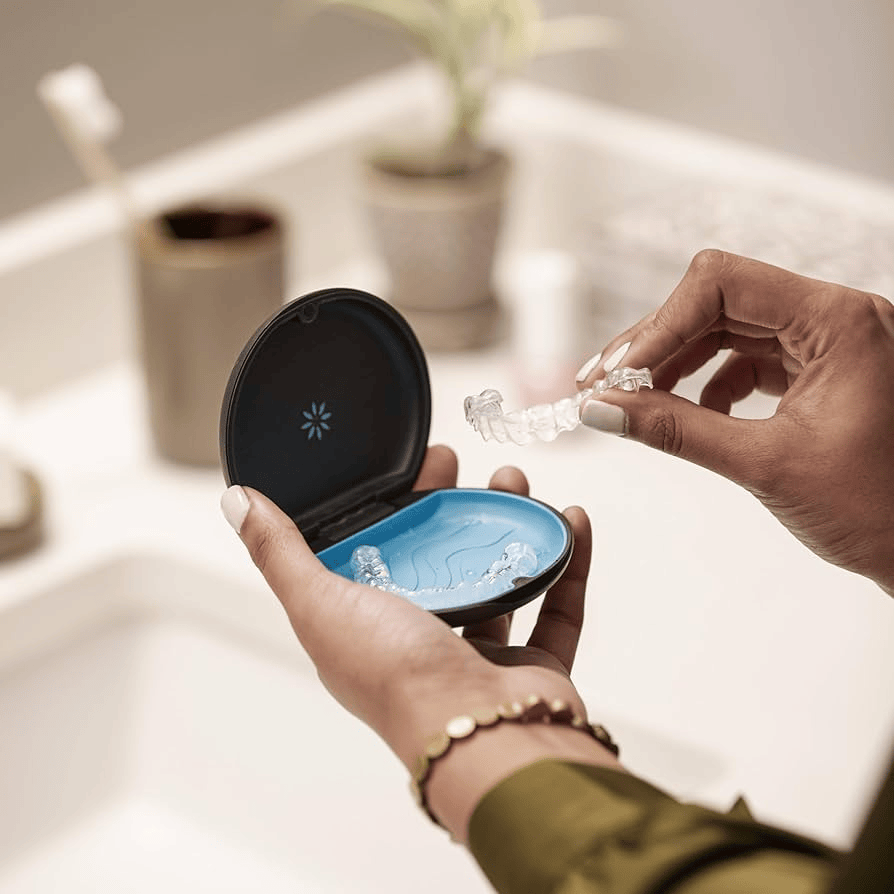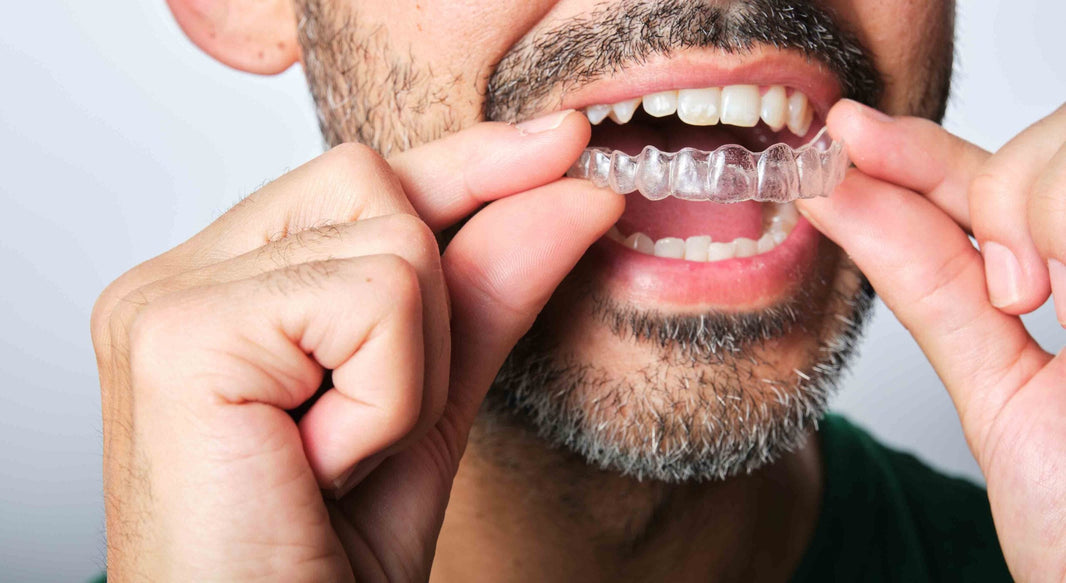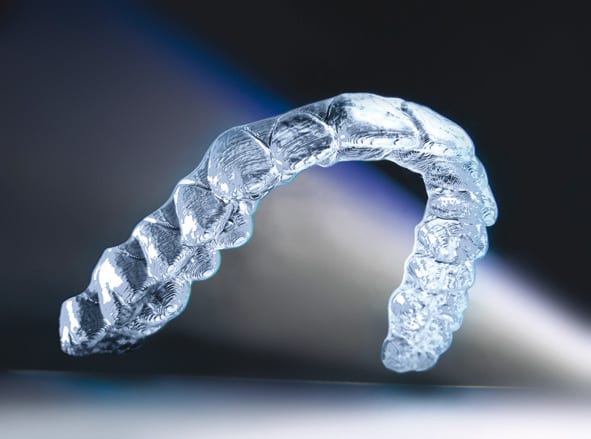If you’ve recently started orthodontic or dental care and are now experiencing itching, swelling, rashes, or even mouth ulcers, it’s worth exploring whether your dental braces could be to blame.
Table of contents
When Your Mouth Reacts to Metal or Latex
Braces are designed to straighten teeth—not trigger your immune system. But for some patients, an allergic reaction to braces materials like nickel, latex, or adhesives can cause unexpected symptoms that go beyond the usual pressure or soreness. While uncommon, allergies tied to orthodontic treatment are real and should be taken seriously.
What Causes Allergic Reactions to Braces?
Most allergic reactions during orthodontic treatment are linked to materials used in traditional metal braces. The biggest culprit? Nickel—a common ingredient in stainless steel arch wires and brackets. Other triggers may include latex (often found in elastics) and bonding agents used during bracket placement.
Even though the materials used in modern dental offices are more biocompatible than ever, some patients—especially those with a history of skin sensitivities—may still react. And since allergy symptoms don’t always appear immediately, reactions can sometimes be mistaken for irritation, poor hygiene, or even issues with other dental services like dental fillings or teeth whitening products.
Nickel found in metal braces and wires
Latex in elastic ties or gloves
Adhesives used to bond brackets to enamel
Cobalt or chromium in specialty alloys

When to Contact Your Orthodontist or Dentist
Prompt action can help prevent more severe symptoms and reduce your risk of infection. Your provider may recommend switching materials, testing for allergens, or temporarily removing part of your orthodontic appliance. If you notice symptoms that go beyond mild soreness, don’t wait for your next dentist appointment to speak up.
Contact your orthodontist or local dentist office as soon as you notice any of the following:
Redness, itching, or rashes near your lips or cheeks
Swelling around your mouth or gums
Painful sores or white patches near the brackets
Lip puffiness or tingling shortly after braces were placed
Symptoms that don’t respond to wax, rinses, or standard dental care
What to Do at Home If You Suspect a Braces Allergy
While waiting to be seen, there are a few simple steps you can take to manage discomfort and prevent worsening symptoms. These won’t replace a visit to a general dentist or dental specialist, but they can help reduce irritation and give you a better sense of whether your issue is allergic or mechanical.
If your symptoms ease with these interventions, it may indicate mild irritation. But if the swelling persists or worsens, allergy testing and a change in materials may be required.
Rinse with cool water or alcohol-free mouthwash (gentle dental options only)
Use a cold compress on swollen areas of the lips or cheeks
Avoid hot, spicy, or acidic foods that may worsen inflammation
Apply an over-the-counter antihistamine gel (with guidance from your dental provider)
Use latex-free orthodontic wax to cushion brackets and wires
Hypoallergenic Braces Options
The good news? A suspected allergy doesn’t mean you need to stop treatment entirely. There are plenty of options in modern dentistry that can straighten teeth without triggering a reaction. From clear aligners to ceramic braces, your orthodontist or dental practice can help you find a treatment that works for your body and your smile.
What to do:
Titanium Braces: A reliable, nickel-free alternative used in many forward health–oriented dental practices.
Ceramic Braces: Ideal for adults with metal sensitivities who want a discreet look without using nickel-based alloys.
Invisalign or Clear Aligners: Completely metal-free and latex-free, Invisalign is often used by patients seeking aligners for teeth straightening without allergic risks.
Latex-Free Elastics: Many dentist offices near you now offer latex-free options for braces for kids and adults alike.
How to Tell if It’s an Allergy vs. Irritation
Differentiating between a true allergic reaction and mechanical irritation is critical. Many symptoms overlap, so context matters. Allergic reactions often appear several days after exposure and may involve areas not in direct contact with the braces—like the lips, cheeks, or skin around the mouth. In contrast, mechanical irritation usually resolves with wax, repositioning, or minor adjustments.
Your orthodontist may recommend a patch test through an allergist to determine if you’re reacting to metals like nickel or adhesives. If a diagnosis is confirmed, your treatment plan may shift to accommodate more biocompatible materials.
Allergies = systemic response (itching, rash, swelling, etc.)
Allergies don’t always improve with wax or salt water
Irritation = localized discomfort or inflammation
Irritation usually fades within a few days post-adjustment
Diagnosing a Braces Allergy
To confirm whether your symptoms are caused by an allergy or another form of irritation, your dentist or orthodontist may refer you for a patch test. This can pinpoint whether you’re reacting to nickel, latex, adhesives, or even certain dental whitening compounds used in-office. Blood tests may also help rule out systemic allergies.
Your dental care provider may also do a visual exam to assess inflammation, ulcers, or gum response. If needed, they’ll adjust your materials—often switching you to Invisalign, ceramic dental braces, or titanium-based appliances with no nickel content.

Oral Hygiene Still Matters
It’s important to remember that allergies and poor hygiene can sometimes look alike. Red gums, swelling, and discomfort can stem from plaque buildup just as much as they can from allergic reactions. That’s why your dental exams should include both hygiene evaluations and a materials review when symptoms arise.
Stay on top of your brushing, flossing, and dental insurance–covered cleanings. If you're enrolled in Delta Dental MA or a plan available through Delta Dental of Massachusetts provider login, you may even have full coverage for dental exams or hygiene checks to ensure your reaction isn’t linked to something more routine.
Rinse and brush after meals
Keep brackets and wires clean
Attend all scheduled appointments
Can you be allergic to the metal in braces?
Yes. Many metal braces contain nickel, which is a common allergen. People with nickel sensitivity may experience redness, swelling, itching, or rashes in the mouth. If you have a known metal allergy, let your orthodontist know before beginning treatment.
What are the symptoms of an allergic reaction to braces?
Common symptoms include mouth irritation, lip swelling, rashes near the brackets, persistent itching, or blister-like sores. These symptoms typically develop after a few days or weeks of wearing braces and may not respond to typical irritation remedies like wax or rinses.
What should I do if I think I’m allergic to my braces?
Contact your orthodontist immediately. They may recommend switching to hypoallergenic materials like titanium wires, ceramic brackets, or clear aligners. Allergy testing may also be advised to confirm the cause of your reaction.
What types of braces are best for people with allergies?
Ceramic braces, titanium braces, and Invisalign aligners are excellent options for patients with metal or latex allergies. These alternatives offer effective treatment with significantly lower risk of allergic reactions.
Time to Book a Dental Emergency?
If you're noticing signs of an allergic reaction to your braces—itching, swelling, persistent irritation—don’t wait. You may need a separate orthodontist or dentist appointment to address the issue, outside of your usual adjustment schedule.
Early intervention can save your smile from long-term setbacks and get you back on track with a safer, more comfortable solution. If you’re experiencing ongoing discomfort or can’t resolve the issue at home, you’ll likely need to schedule an emergency orthodontic visit.






